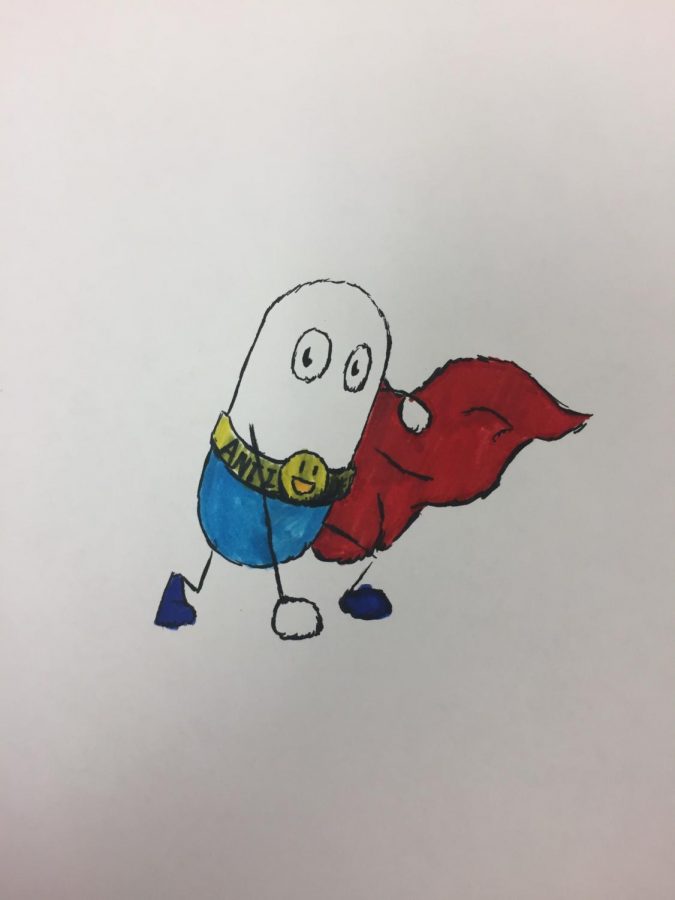Depression: What is the solution?
Antidepressants save the day. The increase in depression diagnosis has lead to a surge in the use of Antidepressants.
October 31, 2017
Depression is a shadow that follows the lives of adolescents on a day to day basis. Depression has become increasingly common with the prescription of antidepressants. In fact, according to a report done by the U.S. Centers for Disease Control and Prevention, about one in every eight Americans over the age of 12 reported recent antidepressant use.
The illness acts as a cloud of negativity which envelopes an individual’s social life, academic achievements, and other enjoyable aspects of life. Emotional stability is vital during adolescence which makes clear the importance of diagnosis and proper treatment, particularly in the teenage population which is over-prescribed antidepressants.
Two arguments exist regarding antidepressants prescription: The first argues that treatment is flawed and antidepressants are over-prescribed, while another viewpoint suggests that treatment is most effective, especially when antidepressants are appropriately prescribed. Statistically speaking, there has been a drastic increase of almost 400% between 1988–1994 and 2005–2008.
The use of antidepressants may be perceived as an emerging epidemic, but it is important to take into consideration that depression may act as a secondary disorder. Depression can be caused by genetic factors, early childhood stress, and rarely for no reason at all. Every brain has the potential to fall victim to a natural depressive tendency. Higher expectations and standards in the education system, and the expanding influence of social media, have been investigated as the leading cause of rising depression rates among adolescents. Following the increase in depression there is a call for resolution.
Although the answer is most obvious, it is also the most effective. The most common types of antidepressants prescribed are Prozac, Celexa, Lexapro, Paxil, and Zoloft. The usage of antidepressants coupled with the appropriate therapy provides the best treatment. Efficiency of antidepressants is reliant upon the most complex organ in the body, the brain. A brain with depression is chemically imbalanced. The neurotransmitter, serotonin, can be credited to these depressive symptoms. Abnormality in serotonin levels results in depression. Therefore, anti-depressants serve as an artificial source of serotonin that an individual cannot produce on their own. The medication is classified as a selective serotonin reuptake inhibitor or SSRI, meaning that the anti depressant works to equalize the imbalance. By increasing serotonin levels, antidepressants reduce depressive symptoms, even those that are major and chronic.
Antidepressants are a successful source of treatment according to a study reported by STAR*D with remission rates of 31 percent after 14 weeks and 65 percent at six months.
Although Anti-depressives are a highly controversial topic, analyzing the biological explanation behind the medication as a proven and effective solution, should encourage those struggling with depression to seek the advice of a medical professional.





